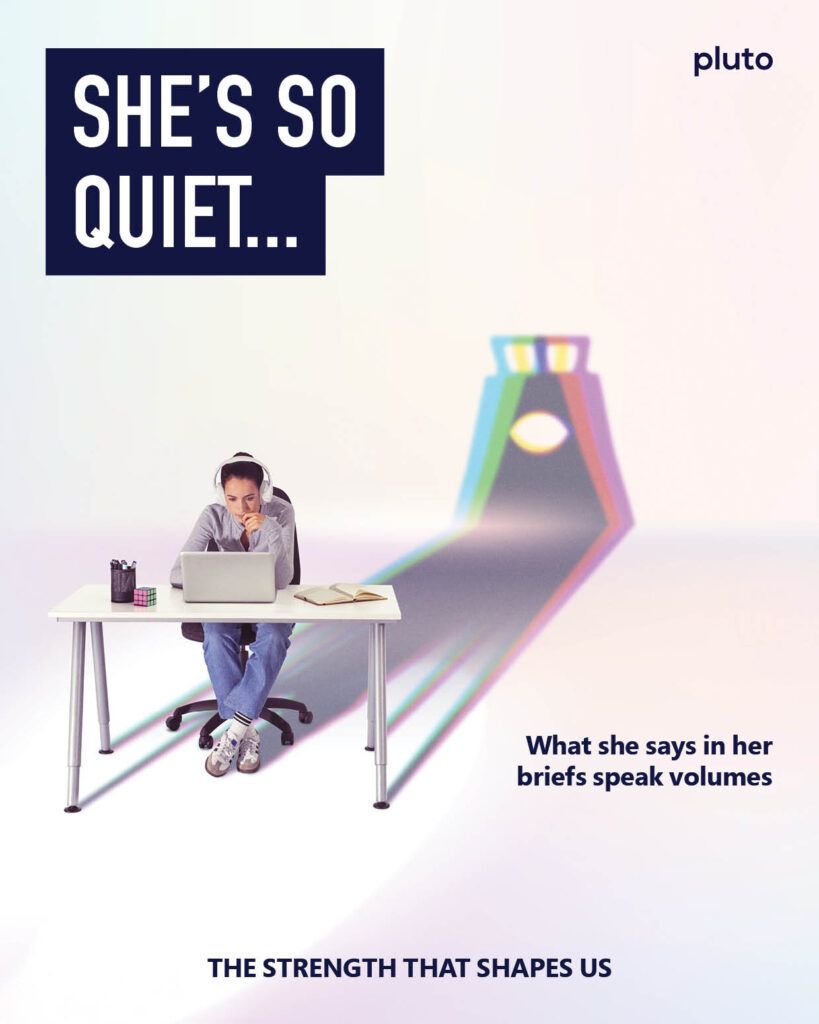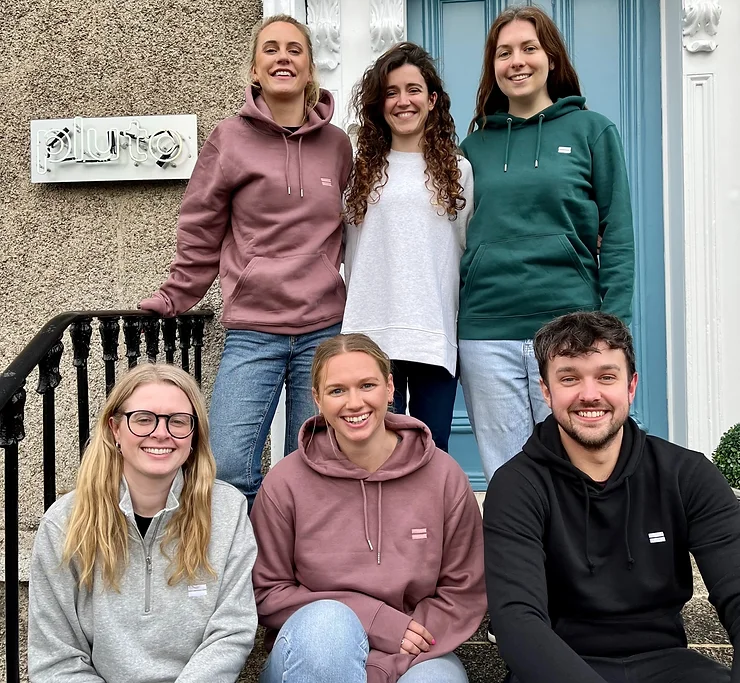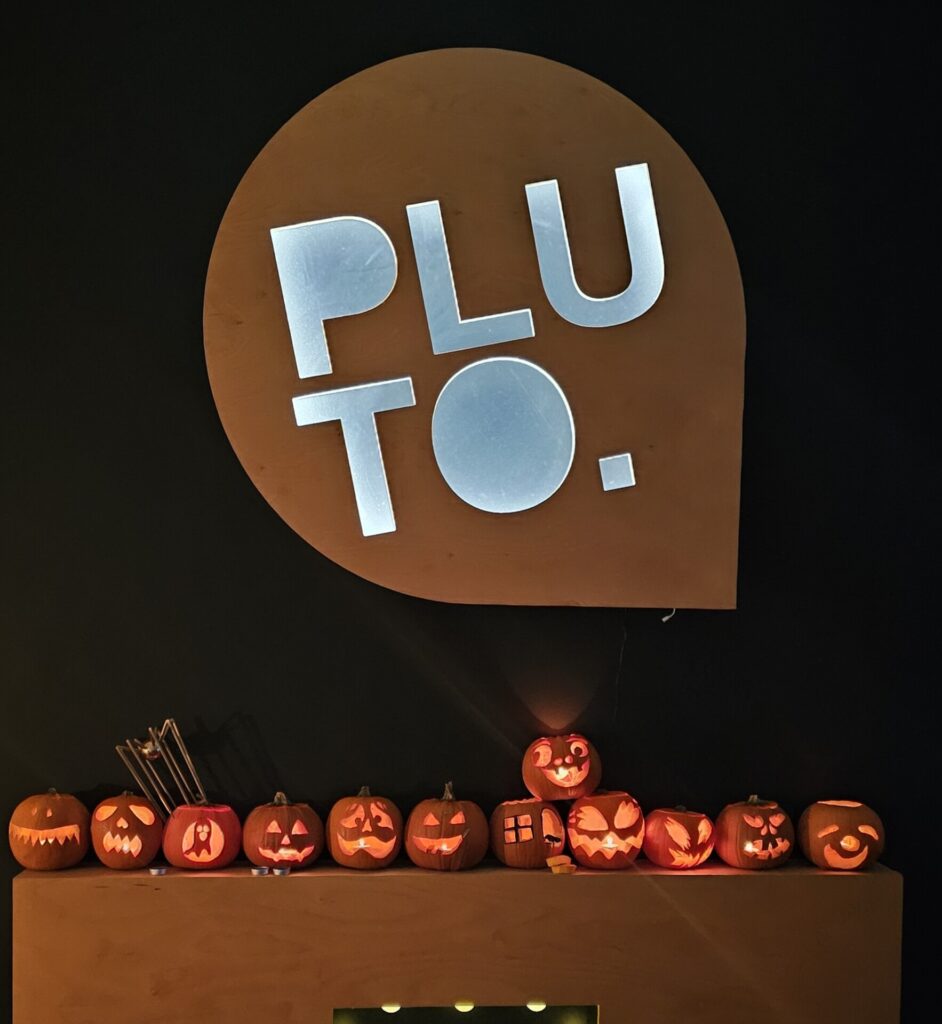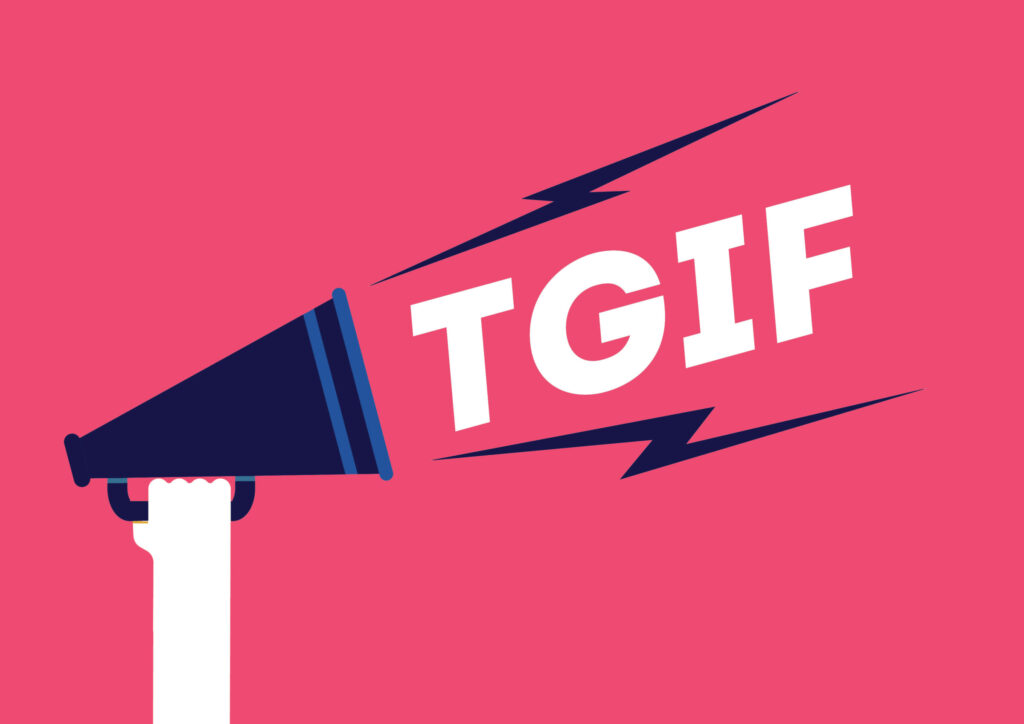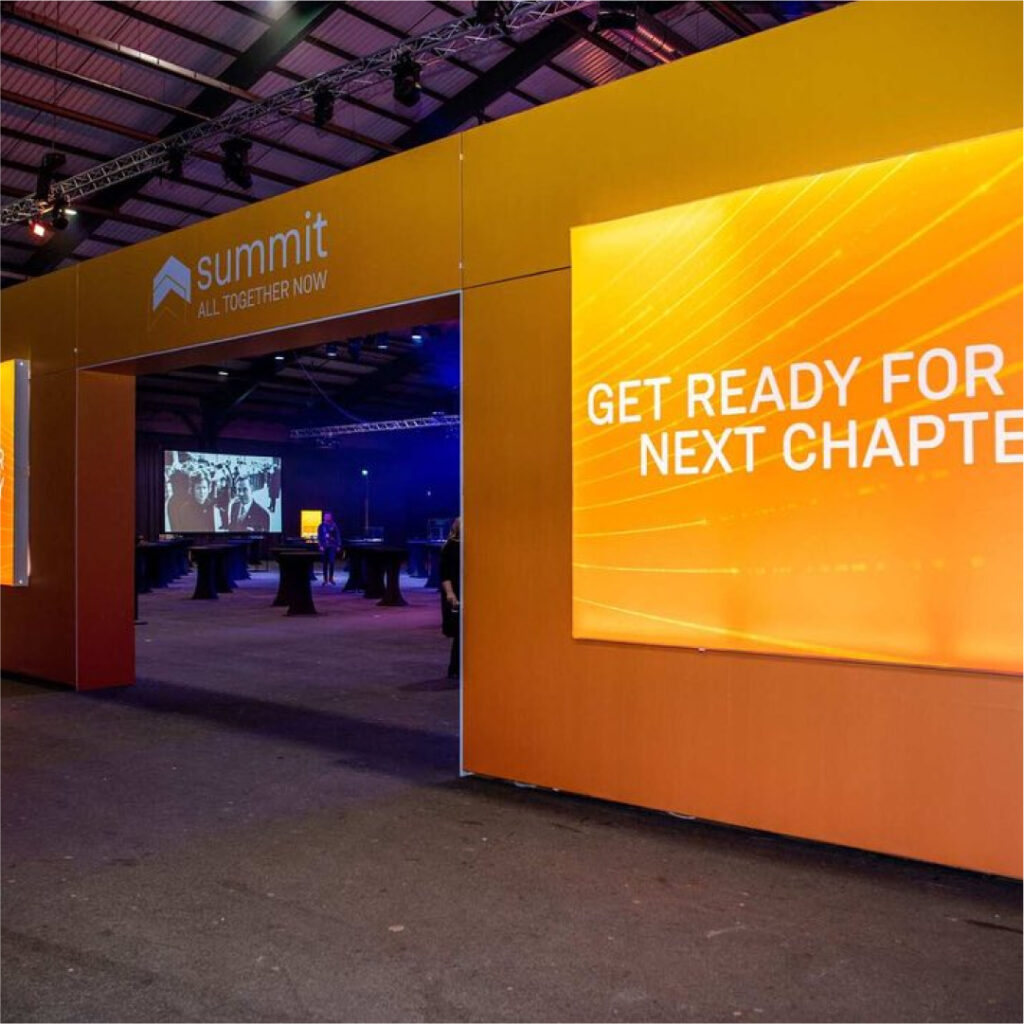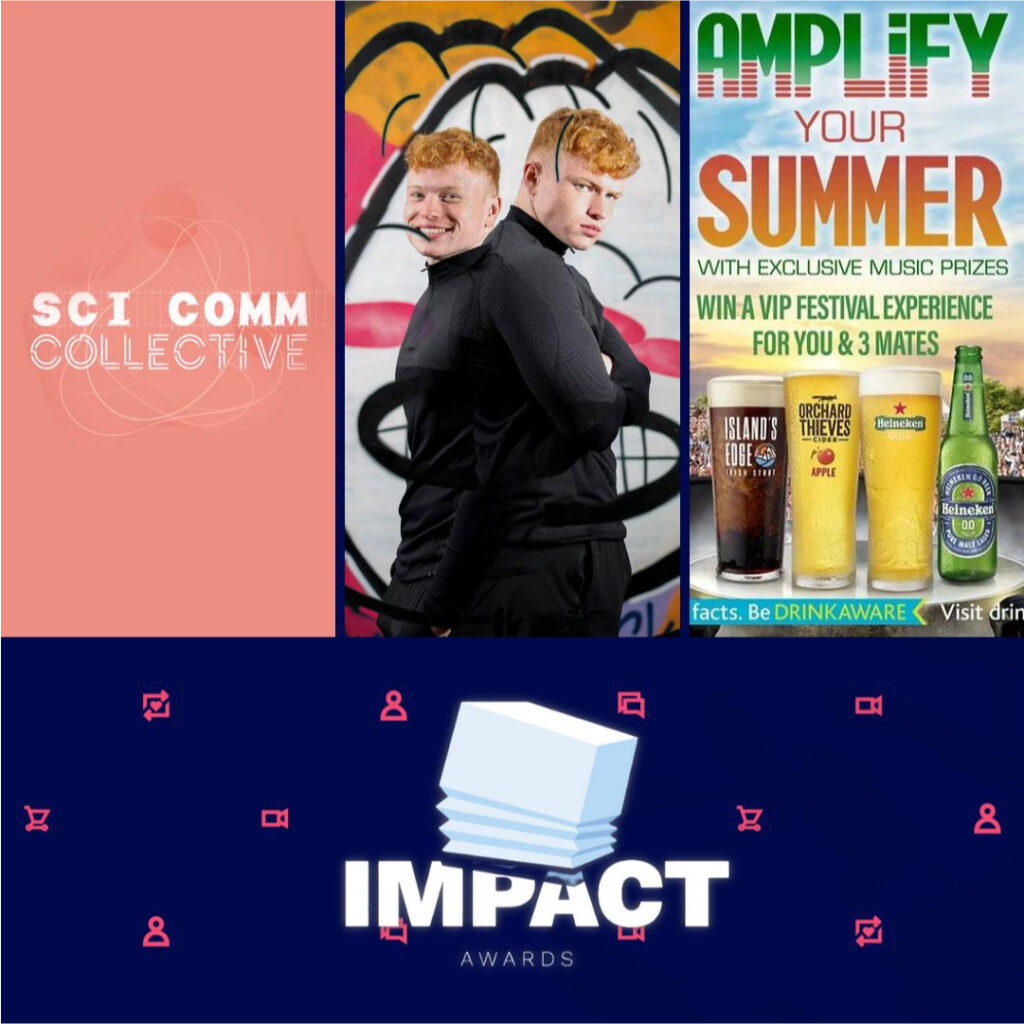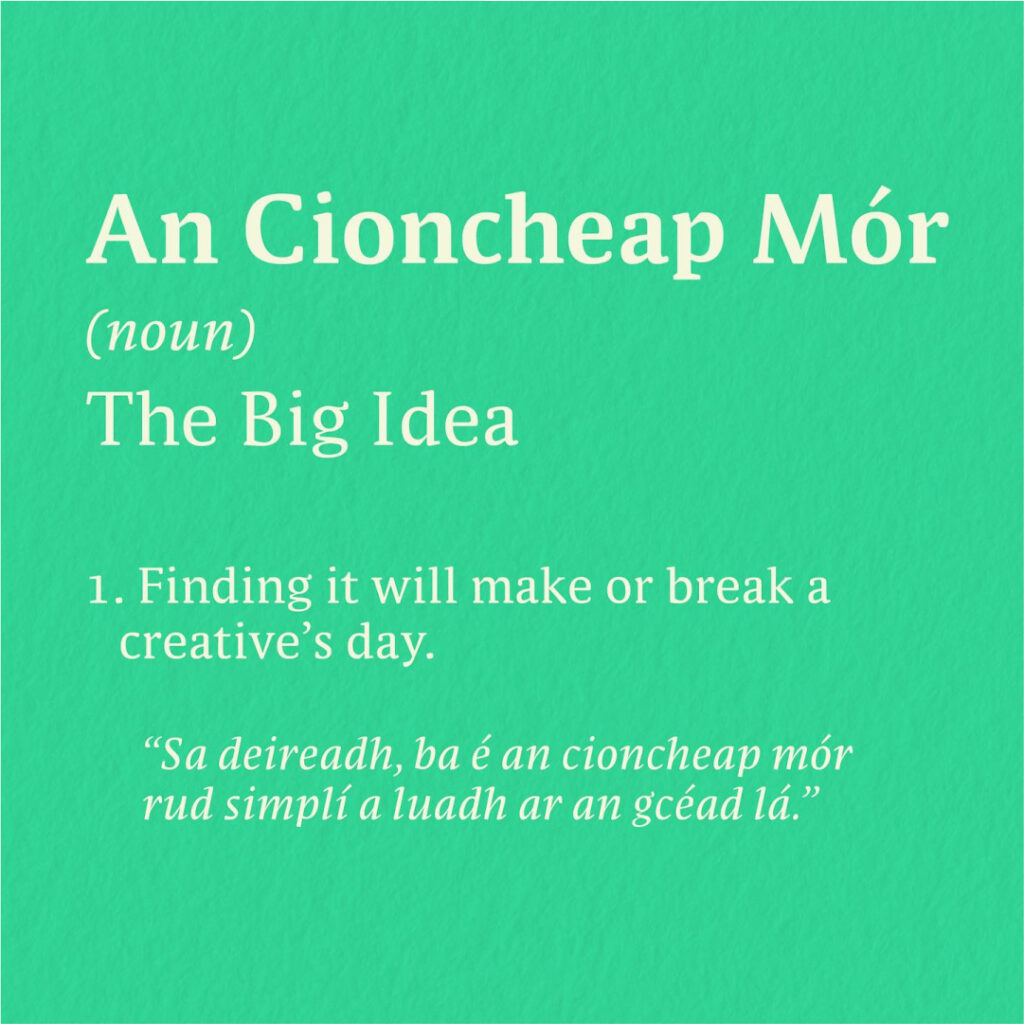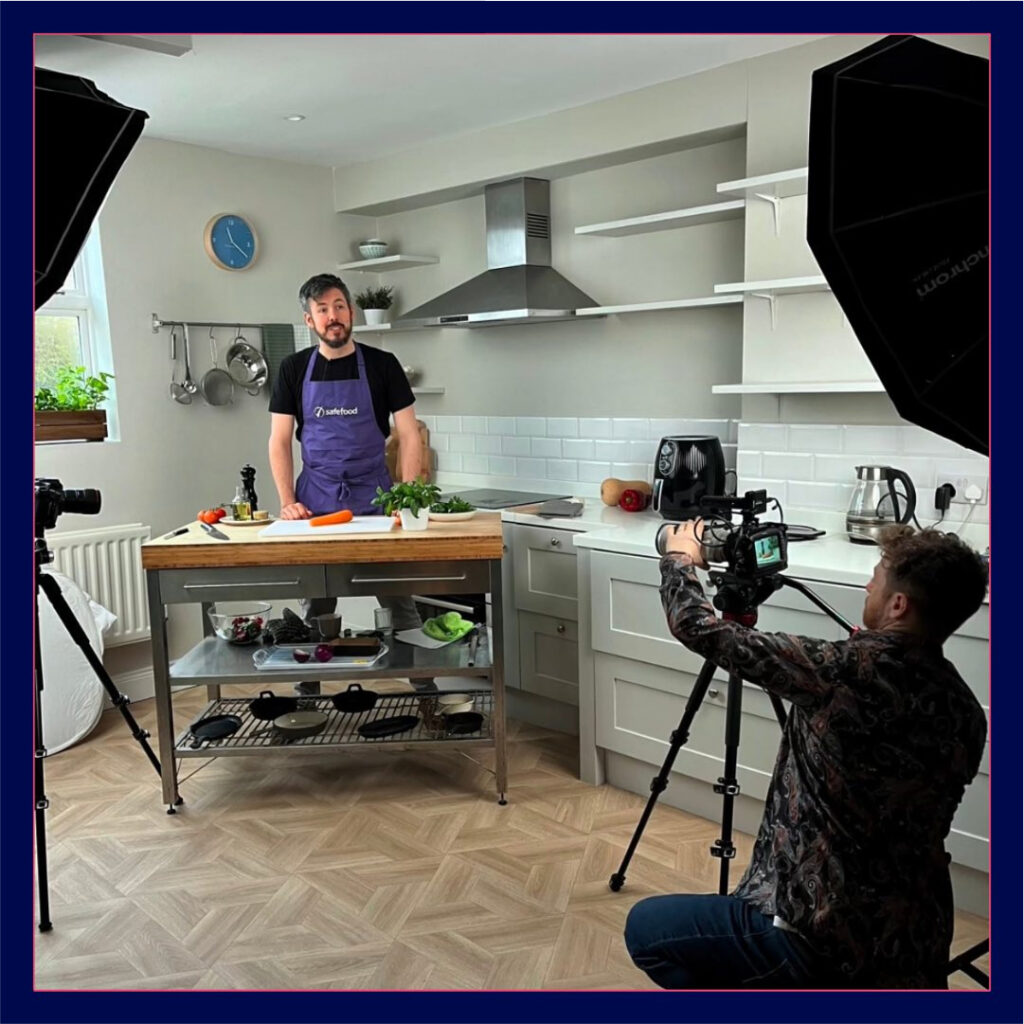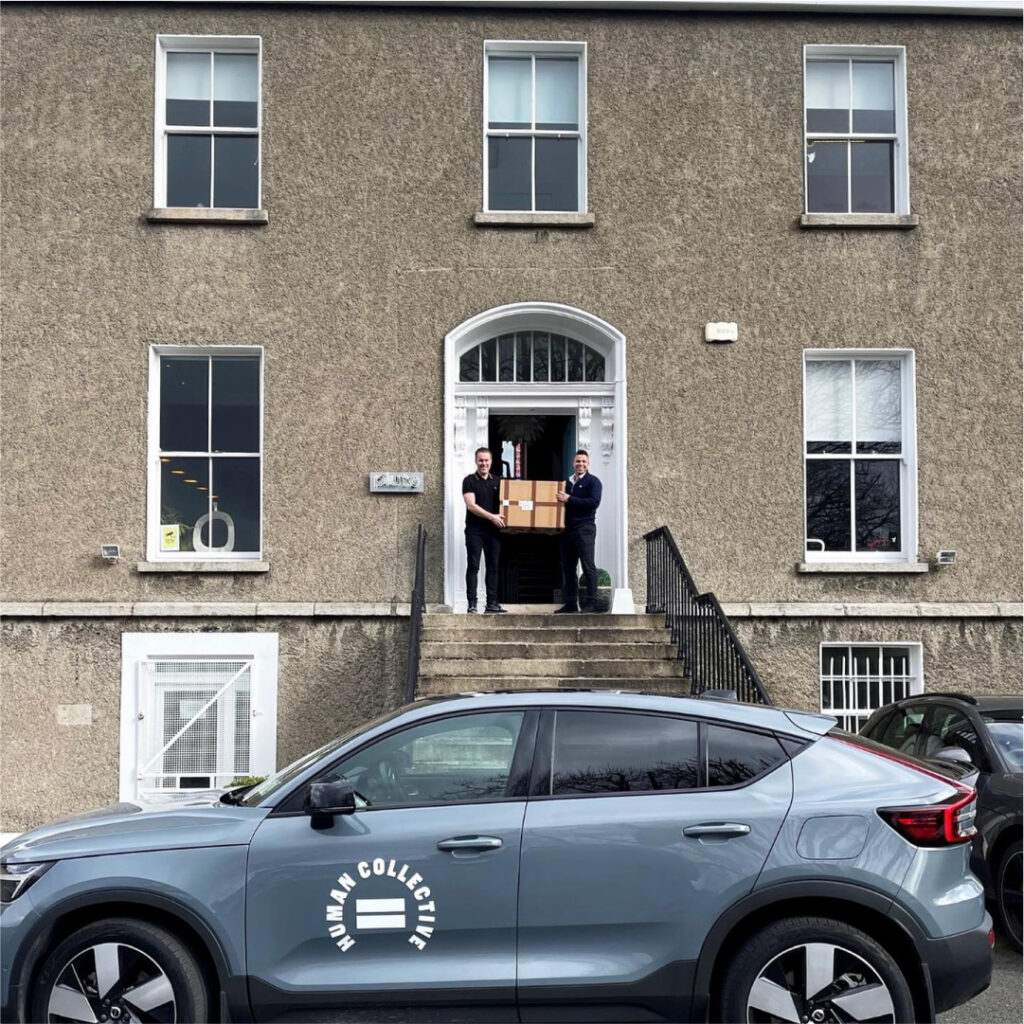It’s been a tough time for the Experiential Marketing and Events sector, but a number of announcements over the past week or so have provided grounds for cautious optimism.
And lest we’re accused of looking to reboot economic activity at the expense of community health, let us spell out clearly our belief that governments and health authorities have been asked to do an almost impossible job over the past seven months, and for the most part, they’ve made a very good fist of it.
That said, the fact that we’re into our second six months of living with Covid-19 gives us a lot of data to base our next decision on. And it seems more and more obvious with each passing week that the ‘cure’ can’t be allowed to be worse than the ailment, and that there is a huge social, economic and mental health cost to be paid if we continue down the road of lockdown or restrictions on movement.
And that’s without even mentioning the fact that other killer conditions – such as cancer and cardiac conditions – are being allowed to go relatively unchecked as our energy goes into battling COVID.
In order to open up the economy in a considered and measured way, social distancing has to become a thing of the past – and the only way to do that safely is to change our focus towards rapid testing solutions.
Rapid testing, where results are available within fifteen minutes or less, will allow us to return to our workplaces safely, but also to enjoy the togetherness and travel opportunities that we so badly crave – both emotionally and economically.
So-called Rapid Antigen Tests seem set to be one of the ‘big guns’ in our armoury until such a time as we develop a working vaccine, and then manage to roll it out to hundreds of millions of the global population. These tests do not require laboratory processing, and crucially, they have the ability to be delivered on-site or at home.
All of this brings us back to our earlier claim that there were some very positive announcements in recent days, and many of these were on the topic of Rapid Antigen Tests. The World Health Organisation announced a rapid test which means they are able to detect coronavirus infection within minutes. They are distributing 120 million affordable, quality tests across Africa to low- and middle-income countries where a lack of trained health workers and laboratory settings have challenged testing to date.
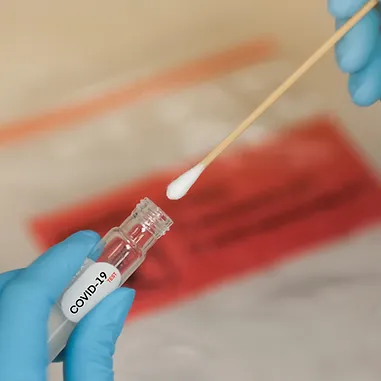
Another 20-second coronavirus screening test is being piloted at Heathrow Airport. The “Virolens” test requires people to submit to a simple mouth swab, which is dropped into a black box. Inside the box is a digital camera attached to a microscope that can examine the sample and see if it contains any Covid-19 virus. It displays the answer within seconds.
The implications for safe travel can hardly be over-emphasised. But equally, such a form of testing could suddenly open up the vista of returning to live events, subject to prospective attendees taking the test as they entered the event venue.
We were also particularly taken with the announcement by the Irish-based ROQU Group that all teaching staff at a leading institution were tested with a Rapid Antigen nasal swab test onsite, with results generated within 15 minutes. We can only imagine the level of assurance that this would have given to staff, students, and parents. ROQU expects to announce results in the near future, and this could be a real game-changer in terms of a national safe reopening strategy – not just in schools, but in workplaces right around the country.
And on a similarly upbeat vein, Helsinki Airport have rolled out a pilot scheme where four sniffer dogs have been deployed to detect the virus. Arriving international passengers simply dab their skin with a wipe which the dog sniffs. It’s hoped that this state-funded pilot scheme will provide a cheap, fast and effective alternative method of testing people for the virus.
The University of Helsinki are overseeing the trial and say the presence of the virus is detected within 10 seconds, with the entire process taking less than a minute. If the dogs detect the virus, the passenger is asked to take a nasal swab to verify the dog’s verdict. Again, this has the potential to be a massive breakthrough in terms of opening up international travel.
And finally, the FDA in the US has approved cheap tests lately that can deliver results within minutes. Although their effectiveness and accuracy have yet to be fully verified, the thinking is that if they’re produced on a massive scale – and if they are authorised soon for at-home use – they can certainly aid virus suppression as people get into the habit of daily checks.
The bottom line is that our medical and scientific communities are working flat out – not just in working on a vaccine, but also looking at ways in which we can get back to work safely while we wait for the vaccine to be made available on a grand scale.
For the events and experiential marketing sectors, this is hugely heartening news, and introduces a vista where we can co-exist with Covid while going about our business. That leaves just one question to be answered – anyone out there know where we can find some sniffer dogs?

